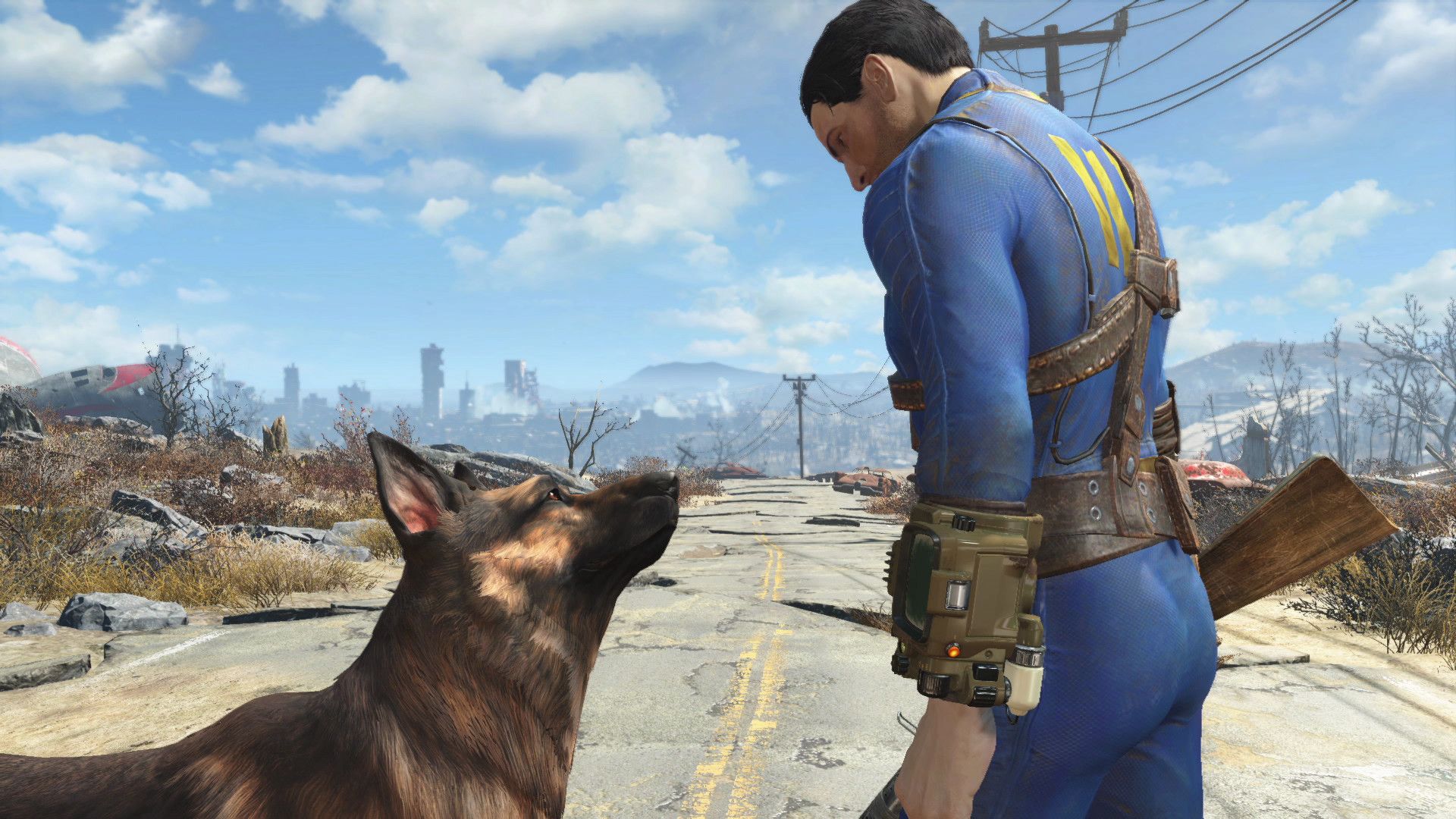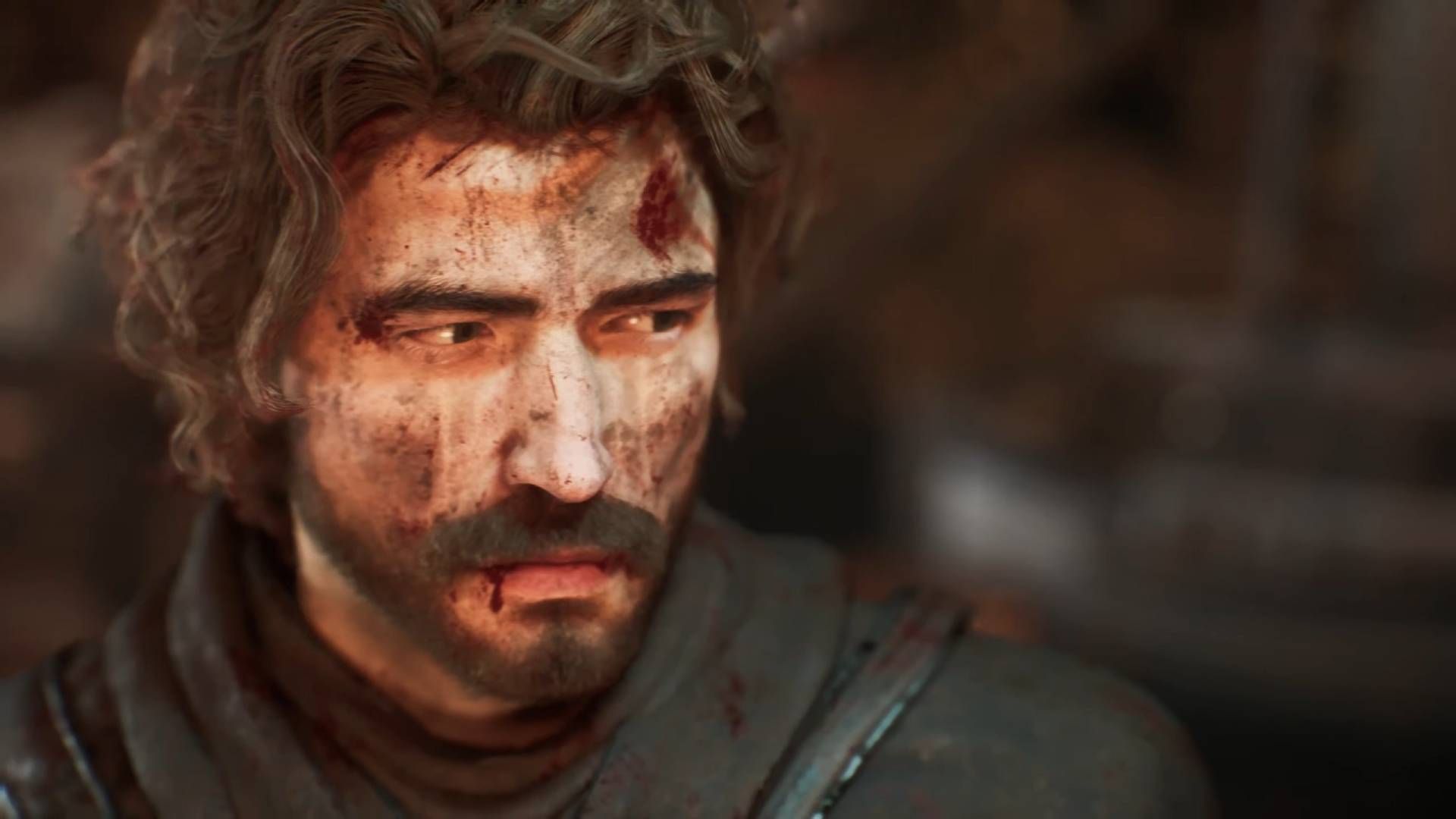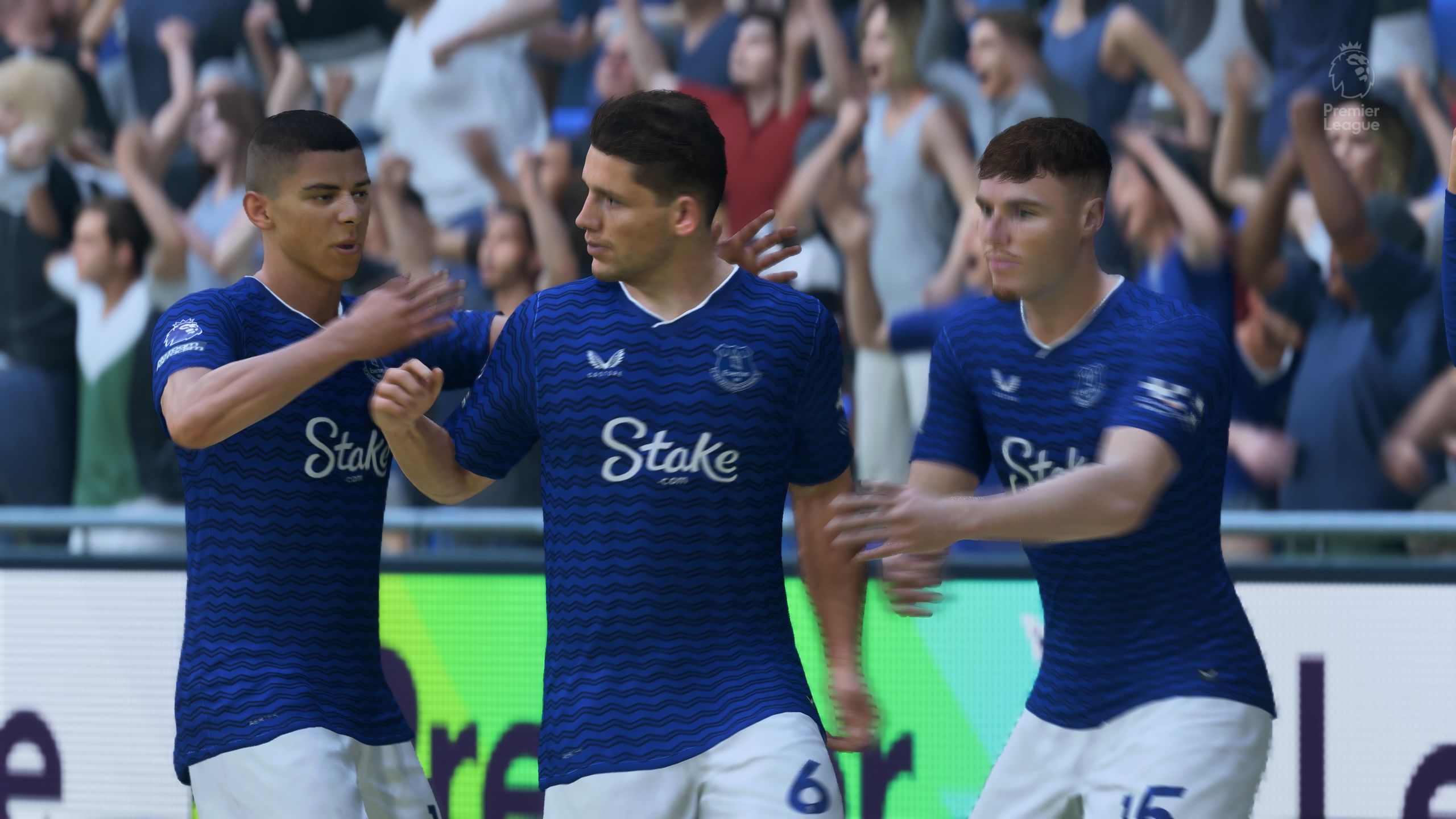Lawyers have actually been intensely submitting suits that handle the largest video clip game firms over accusations of video clip game dependency: that programmers and authors purposefully make their games as addicting as feasible in an initiative to draw out cash from gamers. Activision Blizzard, Epic Games, Nintendo, Sony Interactive Entertainment, and Roblox have actually all been called in many– otherwise all– of the dozen-plus fits submitted throughout the previous 2 years.
At the very least 11 of the suits were submitted by Bullock Ward Mason, an Atlanta- based law office that affirms on its site that the business’ games “are intentionally designed with the help of Ph.D. behavioral psychologists and neuroscientists” to maintain gamers energetic and investing cash. Taken at stated value, the suits are an initiative to hold an effective market answerable. (At the very least one lawsuit has been dismissed, yet others are still pending court procedures. Lawyers in 15 suits attempted to consolidate into one mega-suit attempted in a solitary court previously this year, yet that demand was rejected as a result of the distinctions in each situation. Microsoft, Epic Games, Meta, and others are aiming to disregard the suits and bring the various situations to adjudication; Polygon has actually connected for remark.) Alongside the Activision Blizzards and Nintendos of the market, at the very least among these suits degrees the dependency accusations not simply at big workshops, yet additionally at tiny workshops with solo programmers. One moms and dad, in behalf of their very own teenager and as stood for partly by Bullock Mason Ward, is filing a claim against the 14-year-old designer of a digital truth game called Capuchin for making a game they affirm is developed to be “as addictive as possible.”
James Napier, that Polygon talked to along with his mom, Jennifer Napier, makes use of the name Banana Analytics for his game Capuchin, a version on the preferred virtual realitygame Gorilla Tag Capuchin was launched in 2022 on the Meta Quest shop and has actually had hundreds of simultaneous gamers. Banana Analytics is currently a signed up business had by Napier and his moms and dads. Napier started establishing virtual reality games when he was presented to Unity in 2020– when he was ten years old. First, he made Penguin Game, which he referred to as a “small VR project,” prior to carrying on toCapuchin Like numerous various other youngsters, Napier played Gorilla Tag, a VIRTUAL REALITY game that is specifically what it seems like and is the ideas forCapuchin Gorilla Tag was launched in 2021 by Another Axiom, an additional workshop called in this certain legal action. Gorilla Tag is a mega-hit, pulling in 1 million daily active players since June 2024, according to VentureBeat.
“It was made by me in my room”
“I wanted to make something that fulfilled what I felt like they were missing,” Napier claimed. “That’s where Capuchin popped up.” Like in Gorilla Tag, you play as an ape, yet it’s a capuchin ape as opposed to a gorilla. Players go after each various other around various atmospheres and barriers in what’s basically a game of tag in addition to a digital social play area. Napier idea Gorilla Tag was missing out on a scary component, so he included that in Capuchin, as well; in his game, gamers obtain gone after by beasts. At its most preferred, Capuchin generated greater than 10,000 simultaneous gamers, Napier claimed. For referral, that’s a number that also big-budget games can have a hard time to get to; take the unsuccessful AAA job Concord, for example, which peaked at 700 gamers on Windows COMPUTER.
“It was kind of an interesting feeling [to learn about the lawsuit],” Napier claimed. “It wasn’t a good feeling. But it did put into perspective how large Capuchin had become in the sense of us being also put into this lawsuit with companies that have billions of dollars.”
K.C., the pen names for the small on whose part the legal action was submitted, was 12 years of ages when their moms and dads provided the fit withBullock Ward Mason The youngster started playing video clip games at the age of 6, according to the legal action, and has “continued to play video games at an increasing and uncontrollable pace.” The attorneys affirm that K.C. has actually experienced “a drop in grades, aggression, depression, anxiety, withdrawal symptoms when not playing, withdrawal from life activities, changes in eating pattern, distress, anger, poor hygiene, and physical pain in their hands, eyes, and back” as a result of the “brain damage, gaming addiction and harm” triggered by games, according to the legal action. Carey Courtright, K.C.’s mom, states she’s “lost hope in her ability to control K.C.’s game playing time.”
The disagreement versus Capuchin (and all the various other business’ games called in the legal action) is that it consists of “significant psychological aspects to encourage continuous game play and eventually lead to addiction — especially of minors, young adults, and neurodivergent individuals.” It affirms that “Banana Analytics specifically designed Capuchin in concert with psychologists and neuroscientists to discover the best addictive aspects to include in their games, and/or based their game design on that of another game that included features designed in concert with psychologists and neuroscientists to be as addictive as possible.” The language of this accusation is almost the same for all the games provided in the fit no matter the workshop or business that established the game concerned. It additionally affirms that the workshops concerned, consisting of Banana Analytics, hold licenses for “addictive technology.”
“It was made by me in my room,” the now-14-year-old Napier claimed when asked whether he spoke with psycho therapists or neuroscientists when developingCapuchin Polygon was incapable to find any type of licenses with public documents in Napier’s or his moms and dads’ names. We have actually additionally connected to the complainant’s attorneys for explanation on these accusations. Napier made the game himself, with the assistance of a close friend or more occasionally, he claimed. He did, certainly, require his moms and dads’ approval and assistance to establish business, considering that he’s more youthful than 18. His daddy, Jeff Napier, aids pay the web server expenses and currently the lawful costs, as well. He also needed to ask his moms and dads’ approval prior to including cosmetics to Capuchin; he offers bananas that gamers can utilize to acquire hats and outfits for their apes.
Napier decreased to share just how much cash he’s made from Capuchin, yet his mom claimed combating the legal action has actually set you back $15,000– cash extracted from Banana Analytics’ revenues. “It’s frustrating as a parent because this is James’ business money,” Jennifer claimed. It’s cash that might have spent for university, she claimed, yet is currently being made use of to spend for a suit. “It just sucks,” Napier included.
Napier and his mom claimed the experience has actually been demanding for their entire family members, that state they have actually attempted to speak to the complainant’s attorneys and discuss that Napier does not have actually the sources declared in the fit, provided exactly how the game was made. (Polygon has actually connected to Bullock Legal Group on this, as well.) Jennifer claimed she’s both happy with the success Napier has actually contended such a young age in game growth, yet really feels safety over him and what that success can resemble.
Related:
- Are video clip game dependency suits having a minute?
“One of the things [James] shared with me when he wanted to create this game, and this is what I thought was so cool and I was so proud of him as a parent, was he was just looking to fill the gaps. When he created the game, he saw the gaps in Gorilla Tag. He would hear complaints from other players when he was in the community. And that’s just what he aimed to do: create this safe, fun space for these kids to come in and play. If you look at his terms of service, he stuck to those. He had people mad at him because he was kicking people out for racial slurs, cussing, all of that,” Jennifer claimed.
She proceeded: “He’s just tried to keep it good, wholesome fun. Then being a part of this is what’s really disheartening for the gaming community. As a parent, sometimes I’m cautious and really not sure that I want him to enter into this right now, for those reasons.”
See More:
- Feature
- Gaming
- News
Source: Polygon
.


